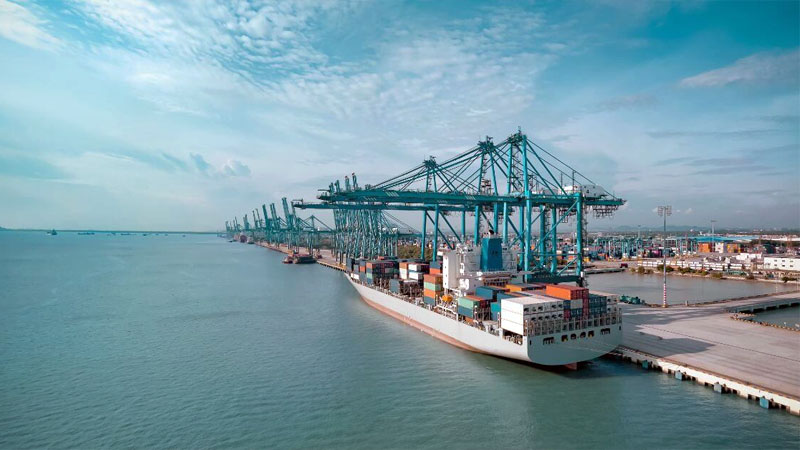Exclusive content

For Honduran shrimp exporters, the first quarter of 2024 has brought unwelcome challenges, resulting in a notable decline in exports. Blockades and tariffs have emerged as the primary culprits behind this decline.
A Sharp Decline in Export Volumes
In a stark comparison to the same period last year, the volume of Honduran shrimp exports has plummeted by 5.8 million pounds. This represents a 25.82% decrease. According to a report from the National Association of Aquaculturists of Honduras (Andah), the figures paint a clear picture of the challenges faced by shrimp exporters in the region.
The blockade of Honduran shrimp to the Mexican market, enforced since January 24, has dealt a severe blow to export volumes. The inability to export frozen shrimp to Mexico, due to allegations of product triangulation, has led to a significant decline in exports. With a year-on-year drop of 35.86%, this blockade has contributed significantly to the overall decrease in export volumes.
Similarly, the imposition of a 20% tariff on Honduran shrimp exports to Taiwan has compounded the industry’s woes. Following the diplomatic fallout between Honduras and Taiwan, the tariff imposition has led to a substantial reduction in export volumes. The impact on foreign currency generation has been particularly notable, with prices plummeting from USD 3.10 to USD 1.30 per pound.
Negotiating Free Trade Agreements
Amidst these challenges, Honduras is actively pursuing solutions to revive its shrimp exports. Negotiations for a free trade agreement with Mainland China are underway, offering a glimmer of hope for the industry. However, the prospect of lower prices poses a new set of challenges, necessitating careful navigation in the negotiations.
Beyond the realm of economics, the downturn in shrimp exports has had tangible impacts on livelihoods in Southern Honduras. The decline in sales has translated into job losses, exacerbating socio-economic challenges in the region. As the industry grapples with external pressures, the human cost of these disruptions becomes increasingly evident.